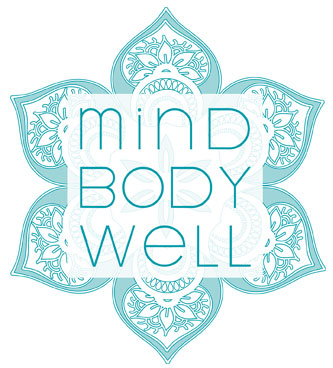In the realm of women’s health, there has long been an understanding of the impact of conditions such as Polycystic Ovary Syndrome (PCOS) on women’s mental health. More recently there is also growing awareness of the impact of Endometriosis symptoms on body image and eating concerns.
Endometriosis is a chronic condition where cells similar to the lining of the uterus grow outside the uterus, causing inflammation in areas such as the abdomen, and in some cases quite debilitating pain. This pain, along with other symptoms like bloating and digestive issues, can result in people feeling discomfort and disconnection from their bodies.
Everyday activities can become challenging as people seek to cope with chronic pain, deal with bloating and discomfort, and navigate unpredictable digestive patterns. These uncertainties can significantly impact on how people perceive and relate to their bodies, creating vulnerability to seek out ways to feel better and cope with difficult sensations and emotions.
Research into the psychological impact of endometriosis also reveals possible impacts on body image and self-esteem, with some people feeling ‘broken and inadequate’, or struggling with the sense that their bodies are outside their control.
Of course there is an abundance of dietary information available which offers strategies to alleviate endometriosis symptoms. Unfortunately this information is often misguided and not scientifically based, encouraging people to adopt restrictive dietary patterns which can exacerbate the conflict with and confusion about their bodies, contributing to further body image distress and eating concerns.
Additionally, cultural messaging regarding body image, physical activity, and dietary choices can add pressure and contribute to this body confusion, especially when compounded by challenges from hormonal therapies, difficulties with sexual arousal and intimacy, recurrent surgeries, or fertility concerns.
Research from 2021 explored why some people with endometriosis experience higher levels of emotional distress. The findings pointed to negative body image and self-criticism as major factors contributing to psychological distress. These self-critical patterns were described by one person as ‘a vicious cycle of feeling like one's body is constantly falling short’, leading to increased feelings of failure and self-criticism.
We do however know that improving self-esteem and emotional coping strategies can contribute to improved psychological outcomes for people with endometriosis. Emphasising body acceptance and reducing self-criticism are also powerful tools in coping with any chronic illness, and this is especially so for women’s health issues and menstrual concerns.
Endometriosis and Eating Concerns
Currently there is little research on the relationship between endometriosis and eating concerns or eating disorders. Research does however show that people with endometriosis regularly make dietary changes in an effort to assist with pain management and gastrointestinal issues.
Turning to clinical and lived experience, health professionals working with women and AFAB (assigned female at birth) people with endometriosis often describe the desire to control their eating behaviours in an effort to control their body, contributing to complex relationships with eating and body image.
What Can Help?
1. Prioritise a Healthy Relationship with Food and Body Image: While dietary changes may help manage endometriosis symptoms for some, it's important to prioritise overall health and well-being and to avoid restrictive or highly controlled eating behaviours
2. Seek Support from Health Professionals: Consult with healthcare professionals who understand both endometriosis and eating concerns – especially if you’re considering dietary changes, it’s always best to speak to a qualified Dietitian for professional nutritional advice
3. Emphasise Body Acceptance: Work on improving your relationship with your body and developing body acceptance to enhance overall well-being, irrespective of any physical challenges. Focus on taking care of and nurturing your body, prioritising it’s needs
4. Develop Self-Compassion: Chronic health conditions are complex and challenging to navigate. Self-compassion involves the ability to be kind to yourself in response to health concerns, focusing on changing the relationship you have with your body, even in response to things which are outside your control. Mental health professionals can assist with strategies to enhance your self-compassion.

